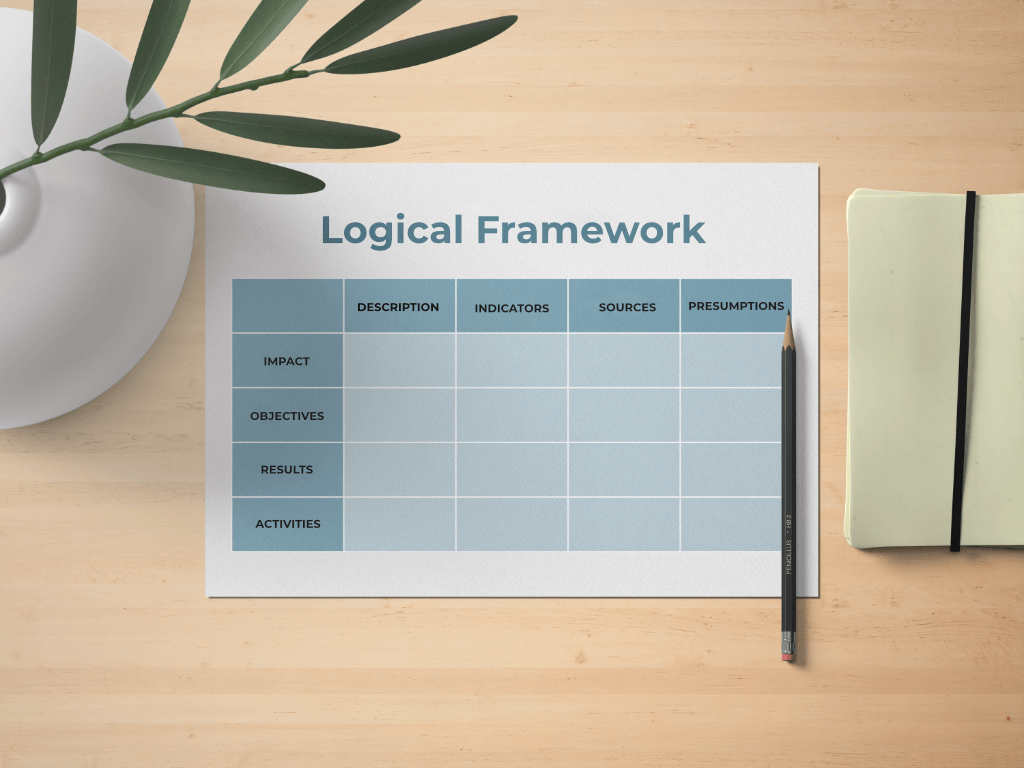When we talk about ESG, it’s common for people to be familiar with E (environmental) and S (social) actions, but G (governance) is often left aside, either because of its complexity or because of lack of knowledge. However, governance is an extremely important pillar, as it underpins ESG in an organization.
What is Corporate Governance?
According to the IBGC, corporate governance is a system made up of principles, rules, structures and processes by which organizations are directed and monitored, with a view to generating sustainable value for the organization, its shareholders and society in general.
This system guides the actions of governance agents and other individuals in an organization in the search for a balance between the interests of all parties, making a positive contribution to society and the environment.
Basic Principles of Governance
The basic principles of governance established by the IBGC in 2023 are:
- Integrity: Practicing and promoting an ethical culture in the organization, avoiding decisions under the influence of conflicts of interest, maintaining coherence between speech and action and caring for its stakeholders, society in general and the environment.
- Transparency: Providing stakeholders with truthful, timely, coherent, clear and relevant information, whether positive or negative, and not just that required by laws or regulations.
- Fairness: Treating all shareholders and other stakeholders fairly, taking into account their rights, duties, needs, interests and expectations. Fairness presupposes a differentiated approach according to the relationships and demands of each stakeholder with the organization, motivated by a sense of justice, respect, diversity, inclusion, pluralism and equal rights and opportunities.
- Accountability: Performing their duties diligently and independently, with a view to generating sustainable value in the long term, taking responsibility for the consequences of their acts and omissions. Account for their actions in a clear and concise manner, aware that their decisions may not only hold them individually responsible, but also impact the organization, its stakeholders and the environment.
- Sustainability: Understanding that organizations act in an interdependent relationship with the social, economic and environmental ecosystems, strengthening their role and responsibilities towards society.
How to apply them in practice?
These principles can be applied by implementing some good practices, such as:
- Listening to stakeholders and developing the materiality matrix
This is an important process for the company to broaden its repertoire and understand which issues it needs to work on based on internal and external opinions. In addition, the materiality matrix helps the company to prioritize the most relevant issues to be worked on in the short and medium term. - Integrating social and environmental issues into the company’s strategy
ESG should be part of the business model and not a parallel agenda. On this basis, it is important to disseminate the purpose and vision so that the company protects, protects and achieves its objectives in a manner consistent with its guidelines. - Code of ethics and conduct
A set of rules that determine the rights, duties and responsibilities of company representatives and stakeholders. In addition, it is vital that the company has an ethics channel, which must guarantee people anonymity so that they feel comfortable making complaints about ethical conduct. - Transparency
It must be part of the business, becoming a tool for differentiation through the dissemination of good practices, making the company a reference in the market, generating positive results in terms of trust and a positive return on the perception of reputation. Transparency can be achieved through reports, communications, events and even stakeholder relations. - Indicators and Policies
Socio-environmental policies, indicators and targets are a basis for developing ESG, as well as tools that guarantee information for transparency.
Developing good Corporate Governance practices doesn’t have to be challenging. It is a journey of improving management, compliance and the direction of social and environmental practices, always in an ethical, honest and responsible manner.
ESG governance serves as a guide to direct the company to implement the best practices with regard to the socio-environmental context and the feasibility and execution of more precise organizational management.





